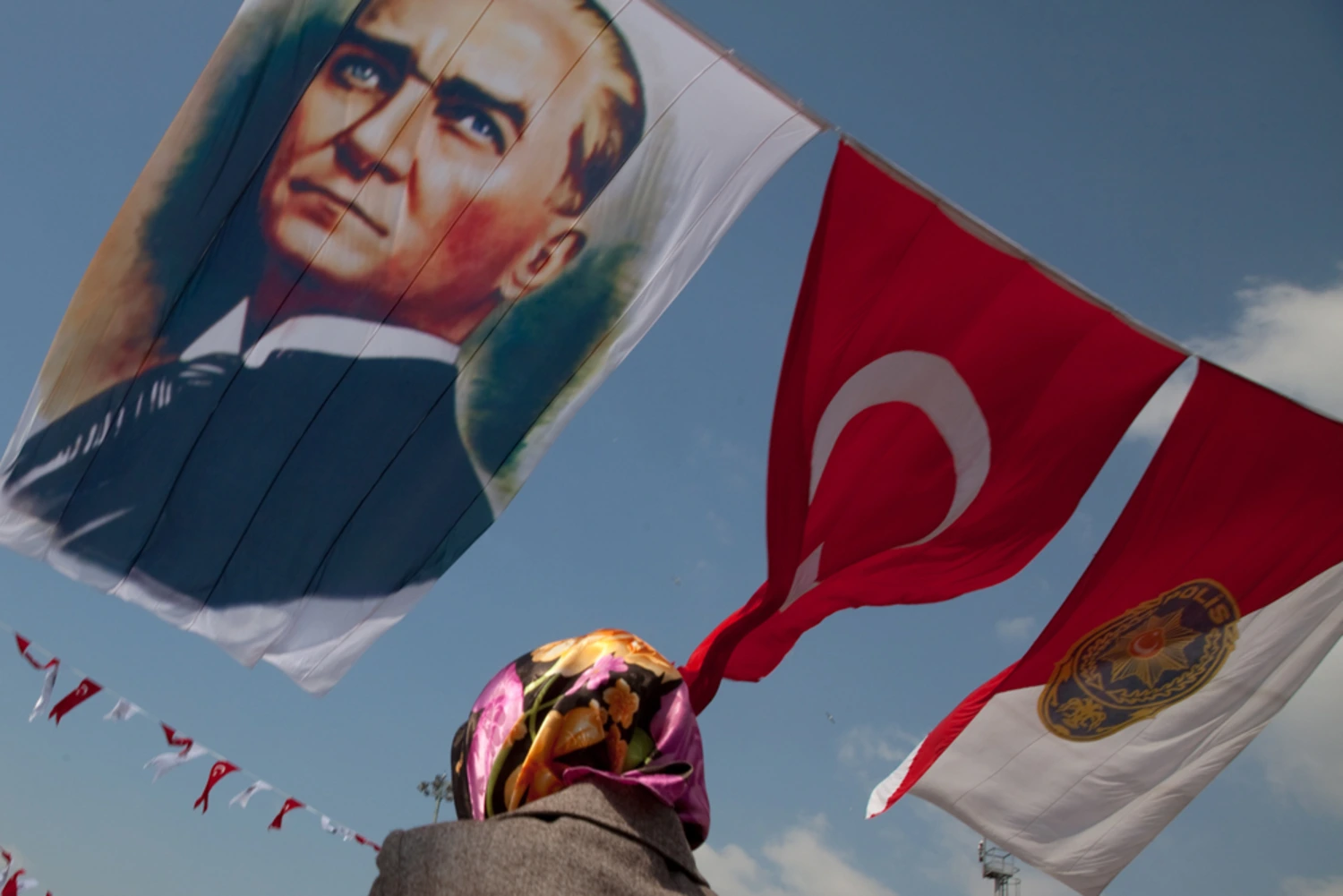Address
304 North Cardinal St.
Dorchester Center, MA 02124
Work Hours
Monday to Friday: 7AM - 7PM
Weekend: 10AM - 5PM
Address
304 North Cardinal St.
Dorchester Center, MA 02124
Work Hours
Monday to Friday: 7AM - 7PM
Weekend: 10AM - 5PM


Turkey, a member of NATO since 1952, has increasingly become a problem for the alliance to manage. President Recep Tayyip Erdogan has taken a stance that has repeatedly blocked NATO’s plans and objectives, resulting in Western officials being exasperated but not shocked. In 2009, he blocked the appointment of a new NATO chief from Denmark, causing hours of cajoling from Western leaders. A year later, he prevented NATO from working with Israel, leading to a six-year rift in relations. In addition, he delayed NATO’s plan to fortify Eastern European countries against Russia, causing months of delay, and in 2020 he sent a gas-exploration ship close to Greek waters, causing France to send ships in support of Greece, also a NATO member.
Mr. Erdogan’s objections to the membership of Sweden and Finland, who he accuses of being “guesthouses for terrorist organizations” and sympathizing with Kurdish militants, have raised questions about whether NATO might be better off without Turkey. This is because the Turkish leader’s stance as an obstructionist plays to the advantage of Russian President Vladimir Putin, who has grown friendlier with Mr. Erdogan in recent years. However, the quandary for NATO is complicated by Turkey’s importance to the alliance. The country gives NATO a crucial strategic position at the intersection of Europe and Asia and hosts a major U.S. airbase where American nuclear weapons are stored.
Since becoming Prime Minister and then President, Mr. Erdogan has tilted his country away from Europe and practiced an authoritarian and populist brand of Islamist politics. He has purchased an advanced missile system from Russia that NATO officials call a threat to their integrated defense systems and in 2019 he mounted a military incursion to battle Kurds in northern Syria who were aiding the fight against the Islamic State with U.S. support.
According to Ivo H. Daalder, a former U.S. ambassador to NATO during the Obama administration, the alliance has often struggled with Turkey’s objections. “In my four years there, it was quite often 27 against one,” he said. This is a long-festering problem for NATO, which currently has 30 members and must still contend with an authoritarian leader willing to use his leverage to gain political points at home by blocking consensus.
The rejection of Swedish and Finnish admission into NATO would be a significant victory for Putin, who has taken advantage of the situation. Turkey’s stance as an obstructionist has further complicated the quandary for NATO, which must balance its importance to the alliance against its increasingly problematic nature. The country’s position at the intersection of Europe and Asia, astride both the Middle East and the Black Sea, gives NATO a crucial strategic position, but Mr. Erdogan’s increasingly authoritarian and populist brand of politics has caused concern.
President Erdogan’s repeated objections to NATO’s plans and objectives have made Turkey a problematic ally for the alliance. His stance as an obstructionist, combined with his increasingly authoritarian and populist politics, have raised questions about the country’s role in NATO. However, the alliance must balance Turkey’s importance to NATO against its increasingly problematic nature, as the country gives the alliance a crucial strategic position at the intersection of Europe and Asia.